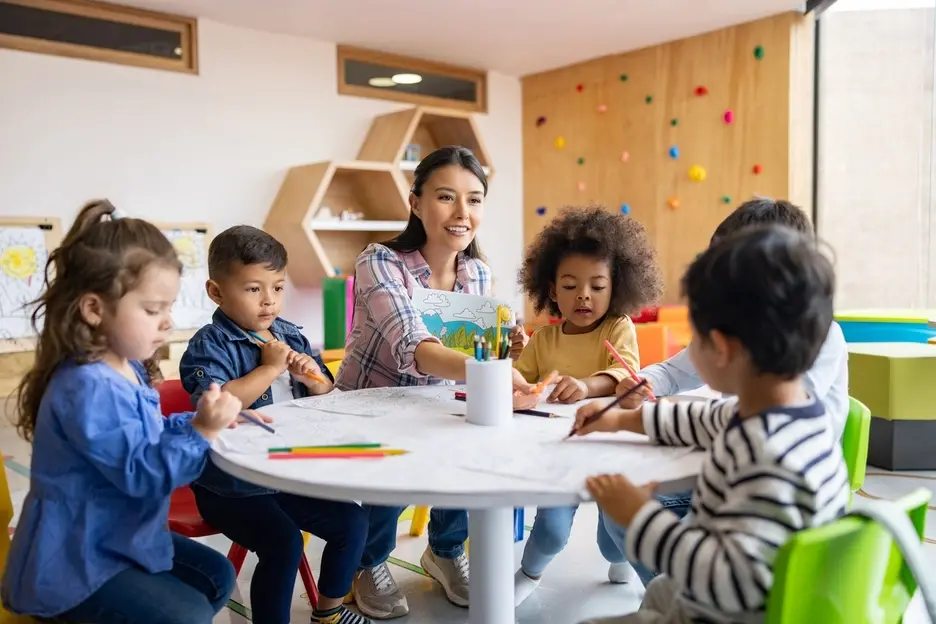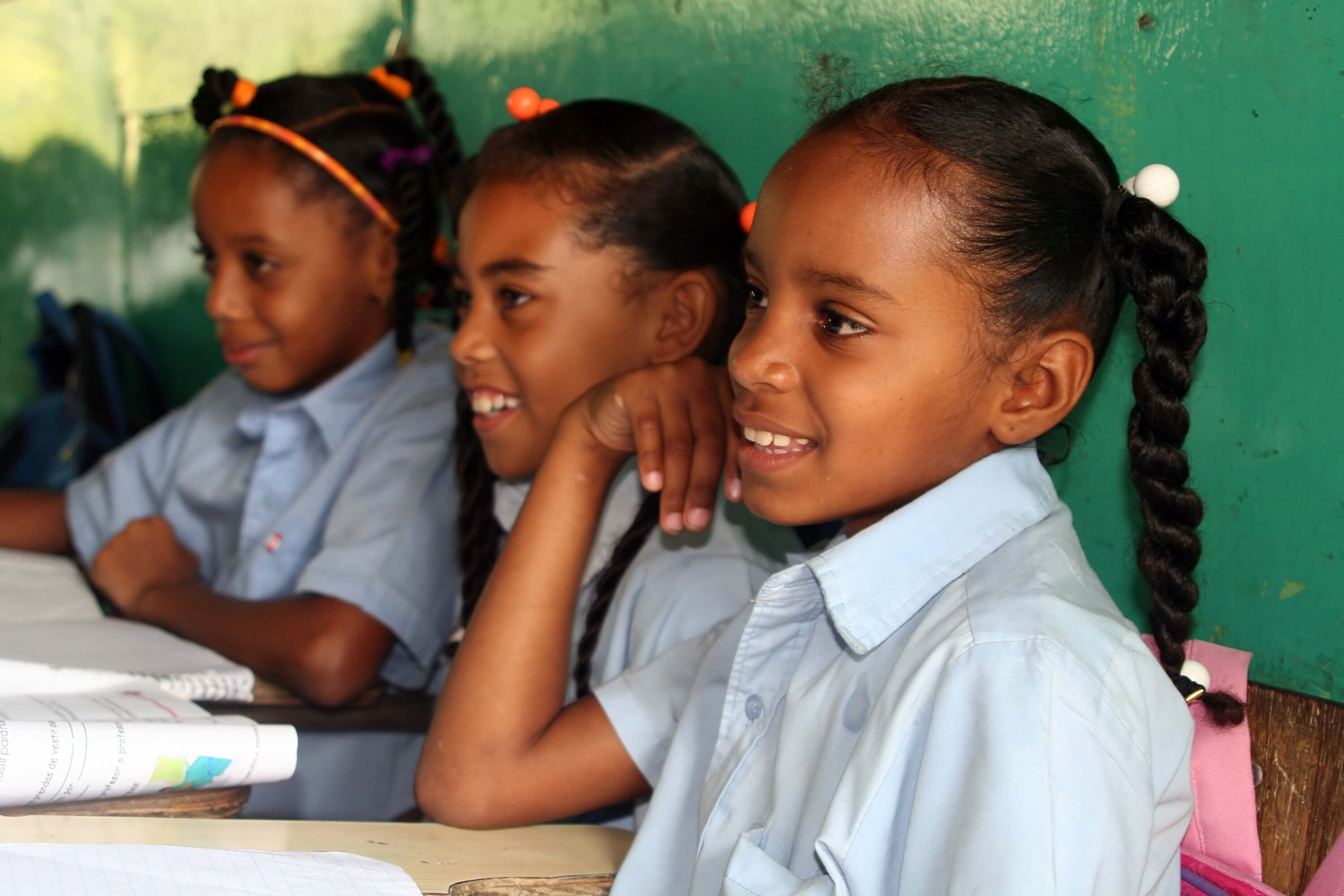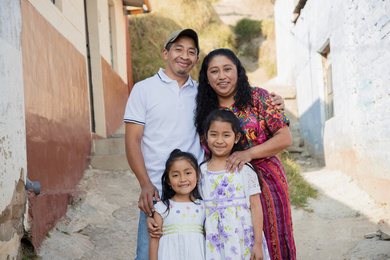Three Reflections on Education

International Education Day has been celebrated every January 24 since 2019. This 2024, the campaign focuses on education for lasting peace in the context of various armed conflicts and highlights the central role of education against hate speech.
To contribute to this conversation and think about addressing education challenges in Latin America and the Caribbean, we present three previously published blog posts in which we share our thoughts about challenges and solutions.
The first addresses the importance of developing critical thinking. The second talks about the lessons learned from the COVID-19 pandemic to promote virtual education. And the third, the need to invest more in social infrastructure.
The ABCs of Critical Thinking: What It Is and Why It Matters
Critical thinking is vital in a dynamically changing world, helping to generate well-founded personal opinions and solve complex problems. While thinking is a natural human act, not all thoughts involve critical reasoning.
Critical thinking assesses the strength and appropriateness of statements, theories, or ideas through questioning and perspective-taking. It doesn't necessarily lead to an original position but involves evaluating different perspectives and challenging assumptions.
The good news is that critical thinking can be intentionally taught and exercised, making it a valuable 21st-century skill for navigating the complexities of the modern world.
More like this
Virtual Education: Challenges and Opportunities
Despite ongoing challenges, the qualitative improvement in educational quality signals potential benefits for LAC countries. Technology access is a hurdle for nearly 30% of vulnerable households, especially in rural areas with limited internet access, emphasizing the connectivity gap for low-income students.
Educators need help adapting to digital tools, with only half proficient in basic computer tasks and three-quarters at the university level unprepared to integrate digital technologies into their curriculum. Students face challenges in the transition, time management, and concentration.
New management and monitoring models are crucial to prevent isolation, especially for students with learning difficulties.
Despite challenges, virtual education offers opportunities to reduce gaps and enhance inclusion, allowing students with limited resources to access tailored training and presenting numerous possibilities in the labor market.
This is the Time to Push Social Infrastructure in Latin America and the Caribbean
The COVID-19 crisis revealed the shortcomings in social infrastructure across Latin America and the Caribbean (LAC), with a need for prioritization and maintenance.
The region faces challenges such as insufficient hospital infrastructure and healthcare professionals, with an average of 19.1 doctors and 28.7 nurses and midwives per 10,000 inhabitants (2020), below WHO recommendations.
Informal neighborhoods, housing over 20% of the urban population, need more conditions for effective isolation. Elderly care has been neglected, with eight million older adults in LAC facing inadequate infrastructure and high mortality rates.
Educational centers need help with connectivity and technology access, with only 64% of LAC students having computers for schoolwork. Public-private partnerships (PPPs) could address these challenges, attracting private investment to revamp social infrastructure, public schools, technological centers, and sports.
Latest posts
LIKE WHAT YOU JUST READ?
Subscribe to our mailing list to stay informed on the latest IDB Invest news, blog posts, upcoming events, and to learn more about specific areas of interest.
Subscribe



